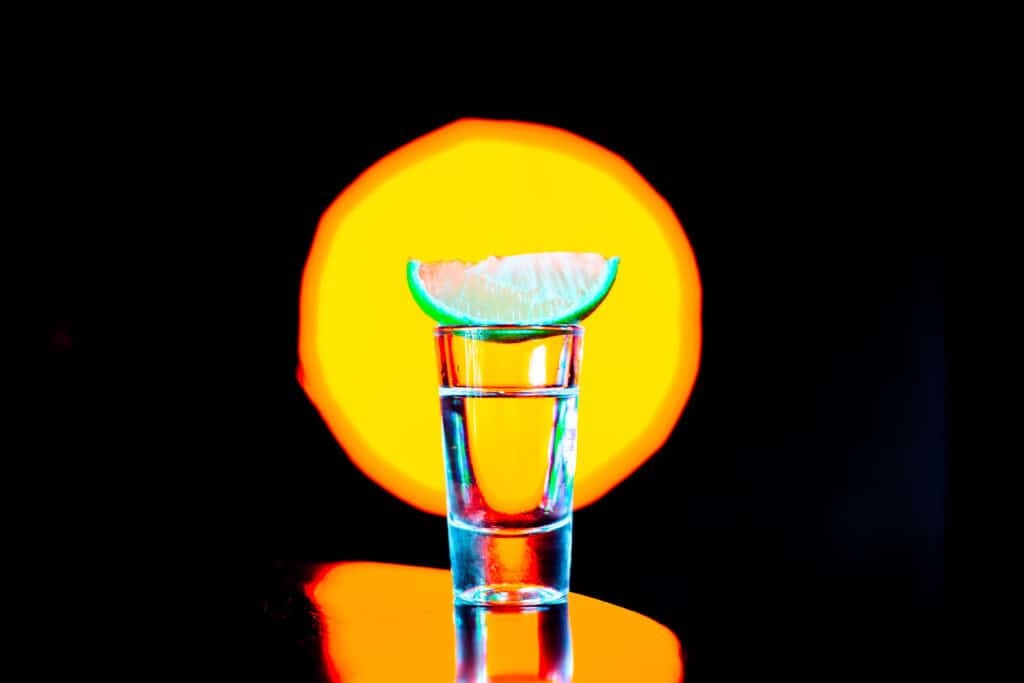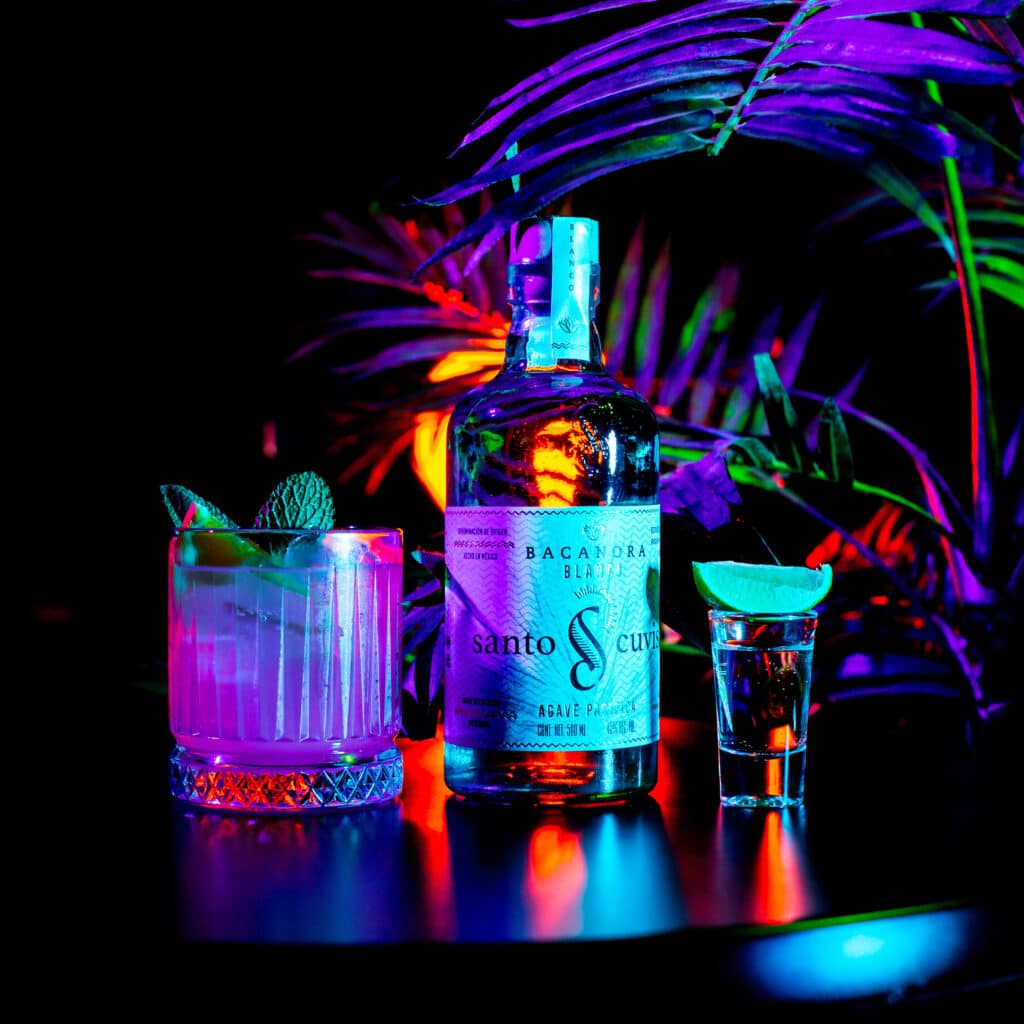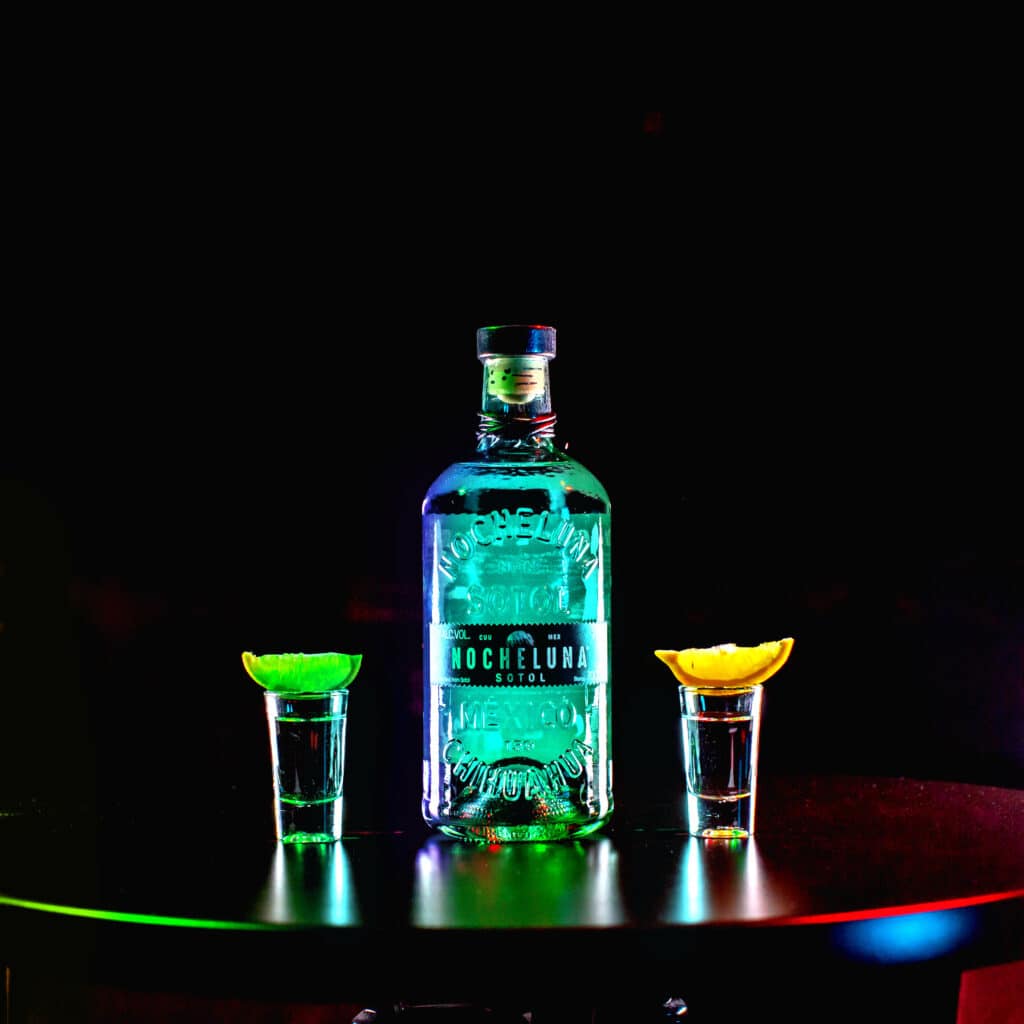Mezcal, a multifaceted and smoky agave-based drink, plays an undeniable part in Mexican history and culture. Many might not even know much about mezcal, but do enjoy indulging in tequila, one of the most popular derivations of mezcal. But not all mezcal is tequila and the world of mezcal has much more to offer. Mainly described by the smoky nature of it, but, in reality, the taste of each bottling varies vastly. Now, you can find a couple of fascinating mezcals in Heldeke if you are eager to experience this versatile drink. Want to know more about mezcal? ¡Vamos!

What is Mezcal?
Mezcal is an agave-based distilled alcoholic beverage. It can be made from over 40 types of agave plants. The word ‘mezcal’ comes from the Nahuatl language, where ‘mezcalli’ means ‘cooked agave’. Mezcal is mostly produced in the state of Oaxaca in Mexico, if other non-state-regulated regions produce agave-spirits, it cannot be labeled as mezcal. It is served during all types of occasions, from celebration days to last goodbyes. It’s an ancestor to the widely beloved tequila.
History of Mezcal
The agave plant was highly regarded in pre-colonial Mexico and was often used for religious rituals, as well as served an important role in the local economy. The heart, or ‘piña’, of the agave plant was cooked and the juice, later, was fermented. It was often called ‘elixir of gods’ because of an old myth. According to legends, a lightning bolt had struck an agave plant, which had cooked it from the inside and released the plant’s juice.
Fermented versions of agave drinks were produced long before Spanish colonization, but the distilling of the heart of agave to mezcal came about during the Spanish rule. The knowledge of distillation was either brought with the Spanish or via Filipino sailors in the 16th century. Today, the production process remains almost the same as it did centuries ago, and intriguingly archaic.
How is Mezcal made?
Any mezcal is mostly produced on a small scale by families with the historical knowledge of the traditional craftsmanship. There are thousands of production houses in Mexico, so-called ‘fábricas‘ or ‘palenques‘. Most common agave plants used to make mezcal are ‘espadin’ or ‘smallsword’, ‘agave americana’ or foraged agaves.
Young agave plants have large and thick, pointy leaves. When it’s mature, it grows a ‘piña’ or ‘heart’ and from the heart, the juice can be extracted. The leaves and roots are cut off, then the heart is cooked in a rock-layered pit oven in the ground for approximately three days. This is why the drink has a particularly intense smoky flavour. After cooking, the roasted hearts are sprayed with water, then mashed by either wooden mallets or by a stone wheel lead by a horse. Next, the mash is left to ferment in barrels with airborne yeast and water for upwards of a month. Finally, the fermented drink is distilled in clay or copper pots and later bottled.
Mostly the bottlings are unaged or ‘joven’, but they can be later aged in wooden barrels. The expression of each mezcal can vary enormously and not just by the species of agave it’s been made with. It can be dependent on the soil, the season, the weather or the adjacent terroir. For example, agave plants grown beside apple trees will give a sweeter, more fruity expression to the mezcal. Sometimes herbs, fruits or even worms can be added in during the fermentation or distillation process to create a nuanced flavour palate.
Tequila and Mezcal – What’s the Difference?
While both drinks are made from agave plants, tequilas can solely be produced from Blue agave. Mezcals are commonly made in Oaxaca, while tequila is made mostly in Jalisco. The production process differs as well: mezcal is made by roasting the agave hearts in underground pits, whilst tequila steams the hers in above-ground ovens. Additionally, mezcal is mainly produced on a small scale, while tequila is commonly mass produced.
How is Mezcal served?
Mezcal is traditionally served neat as a sip drink to truly experience the nuances of the drink itself. Oftentimes it is accompanied with citrus slices, like oranges or lemons, and different spices (mostly ground chilli, ground fried larvae and ‘worm salt’). It can also serve as an alternative spirit in cocktails to offer a unique twist, like the ‘Mezcal Old Fashioned’ or ‘Mezcal Negroni.’
But what mezcals do we have here in Heldeke? Here’s an introduction!

Santo Cuviso Blanco
Santo Cuviso Blanco is a bacanora, a derivation of a mezcal. Produced only in the Sonora region, it is made solely from agave Pacifica, a variety of agave that is indigenous to the area. The distinctive conditions the plant grows in render it a different flavour than other traditional mezcals. Santo Cuviso Blanco or ‘Holy Bacanora’, allures you to an enticing adventure along the coast of Sonora. This mezcal is smoky and earthy on the nose, but on the palate unveils layers of mesquite, oak and pepper. Crystal clear in appearance, but powerful and invigorating in aromas. Santo Cuviso Blanco is a wonderful mezcal to sip neat if you’re in the mood for a taste of sweet Mexico.

Sotol Nocheluna
Sotol Nocheluna is a unique and exceptional drink, a spirit that embodies the resilient nature of northern Mexico. Sotol, meaning ‘palm tree’ in Nahuatl, is made from the ‘Dasylirion‘ plant, a vigorous plant that grows natively in the rough Chihuahua desert. Although not a traditional mezcal, the production process is the same and the smoky expression remains. Sotol Nocheluna is earthy and mineral in flavour, because the terroir of the ‘Dasylirion‘ plant renders the robust taste to the final product. When sipping, notes of wild herbs, fruit, caramel and, of course, smoke, dance on your taste buds. It finishes with a gentle hint of walnut that brings the whole sip to a gorgeous end. Sotol Nocheluna is a captivatingly vigorous drink that invites to cherish.
Mezcal is a popular sipping drink within Mexico, but as time progresses it has become a drink of interest across the world. Made from a plethora of different agave plants and nuanced with local herbs or fruits, mezcals offer an endless universe of flavour possibilities. So, raise a glass and have a taste of the wonderful, everchanging and beautiful spirit of Mexico. To have a taste of some delicious mezcals, visit Heldeke! bar for a wide variety of choices. Cheers!
